100% Renewable Energy Pledge
Alignment with Net-Zero and Global Energy Goals
Knowledge Dissemination and International Advocacy
Engagement with Industry and Policy Development
Key Research Initiatives and International Collaboration
Nazarbayev University is committed to supporting the transition to 100% renewable energy not only on its own campus, but across Kazakhstan and the wider Central Asian region. This commitment is grounded in a long-term strategic vision that recognizes the interconnectedness of research, education, industry engagement, and policy advocacy. NU adopts a systems-level approach that integrates technology development, interdisciplinary collaboration, and public engagement to support the shift toward decarbonized energy systems.
This pledge is not limited to declarations; it is embedded in the institution’s operational philosophy, reflected in targeted research investments, outreach programs, pilot implementation projects, and knowledge-sharing mechanisms. The university seeks to amplify its impact through regional and global partnerships while serving as a living laboratory and policy influencer for renewable energy solutions.
Nazarbayev University (NU) is committed to supporting the transition to 100% renewable energy not only on its own campus, but across Kazakhstan and the wider Central Asian region. Through pioneering research, strategic partnerships, industry collaborations, and regional advocacy, NU plays a leading role in promoting the adoption of sustainable energy systems.
The university hosts several advanced laboratories that serve not only academic purposes but also community engagement. These labs frequently conduct outreach activities with schools, universities, and industry partners, reinforcing NU’s role as a national hub for sustainable innovation and capacity building.
The Laboratory of Renewable Energy serves as a hub for the development of solar fuel technologies and advanced materials for clean energy production. A flagship initiative is the annual International Symposium on Emerging Materials and Devices (ISEMD), hosted by the lab and featuring global experts in renewable energy innovation.
This laboratory advances the understanding of scalable and efficient battery energy storage systems. By organizing annual academic conferences and participating in national media, the team contributes to increasing public awareness about the role of storage in enabling reliable renewable energy systems.
In collaboration with Purdue University (Prof. Tsoukalas) and Gazi University (Prof. Selim Acar), the lab develops high-precision gas sensors for emission monitoring. These tools support both industrial energy optimization and environmental pollution control, particularly in mining and heavy industry sectors.
NU faculty and researchers actively contribute to national and international platforms on renewable energy and climate action:
- Conference on Climate Change in Central Asia, Tashkent: Addressed regional climate risks, extreme weather events, and resilience strategies.
- Energy and Machine Learning Symposium: Presentation on the role of electrical and computer engineering in improving energy efficiency and optimizing climate solutions.
- Consultations with energy sector stakeholders: Provided technical guidance on renewable energy grid integration and synchronization.
These engagements help shape policy, inform industry standards, and build capacity among local energy actors.
SEDS spearheads interdisciplinary efforts to embed renewable energy and circular economy principles in Kazakhstan’s construction and infrastructure sectors. Collaborations include:
These tools help accelerate the decarbonization of the built environment while reinforcing national green transition efforts.
- BI Group, MODEX, and GLB on sustainable building practices.
- Partnership with the European CircularB COST Action initiative.
- Development of the Rapid Sustainability Assessment Tool (RSAM) and Circular Economy in Construction Index (CEinCI), which guide developers and policy-makers in evaluating the environmental performance of projects.
These tools help accelerate the decarbonization of the built environment while reinforcing national green transition efforts.
NU’s actions under this indicator align with broader global objectives:
- Kazakhstan’s Strategy for Achieving Carbon Neutrality by 2060.
- The UN Sustainable Development Goals (SDGs), particularly SDG 7 (Affordable and Clean Energy) and SDG 13 (Climate Action).
- Commitments under the Paris Agreement to limit global warming through accelerated clean energy deployment
Through its multi-dimensional approach—spanning education, applied research, industrial co-creation, and international engagement—Nazarbayev University reaffirms its leadership in the transition to 100% renewable energy, supporting both local impact and global sustainability goals.

